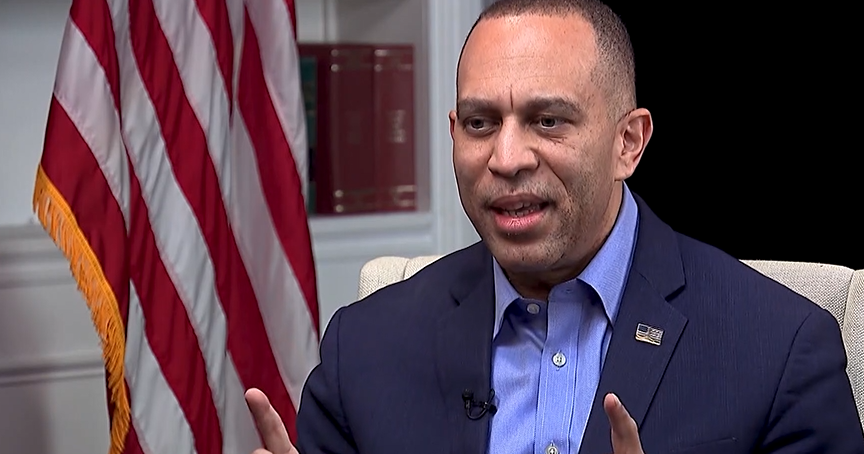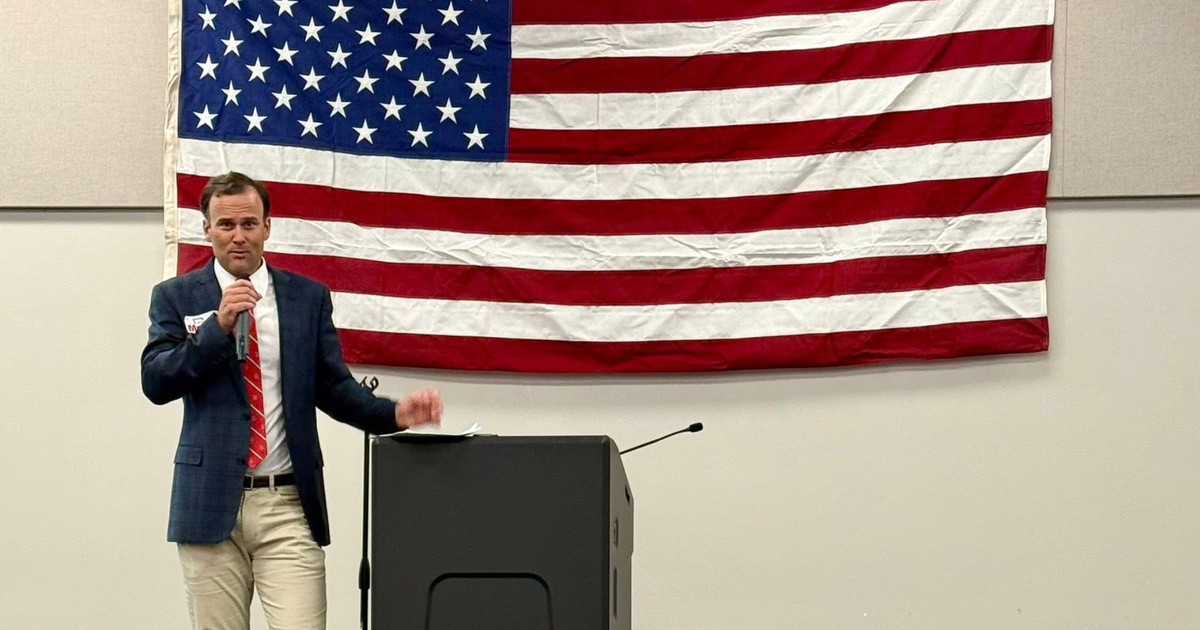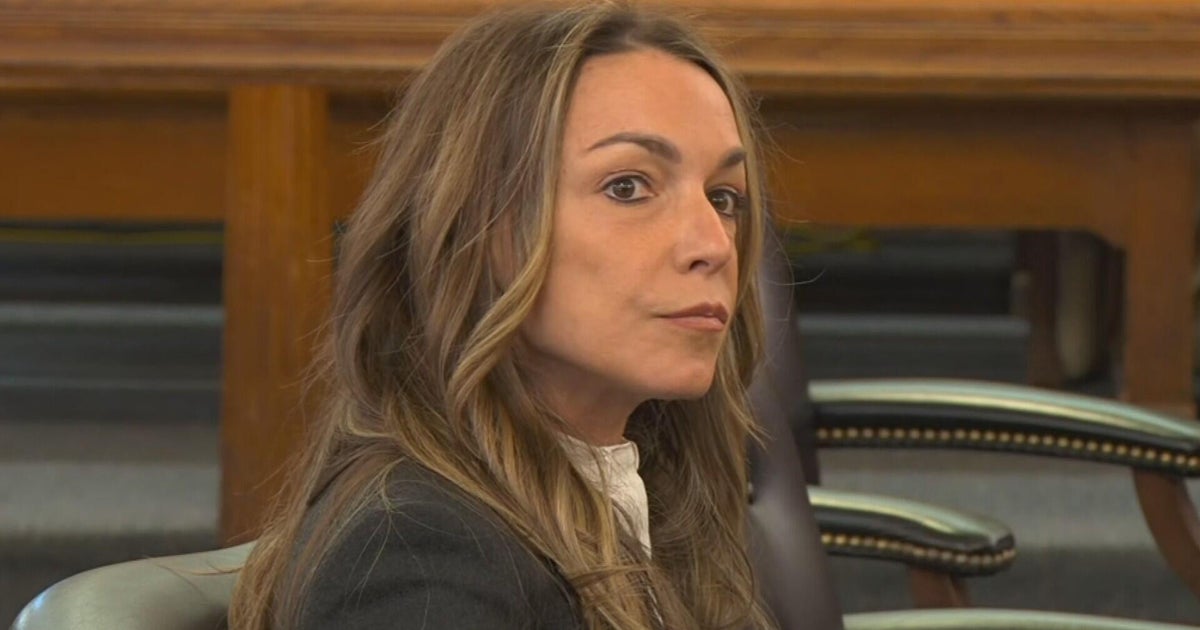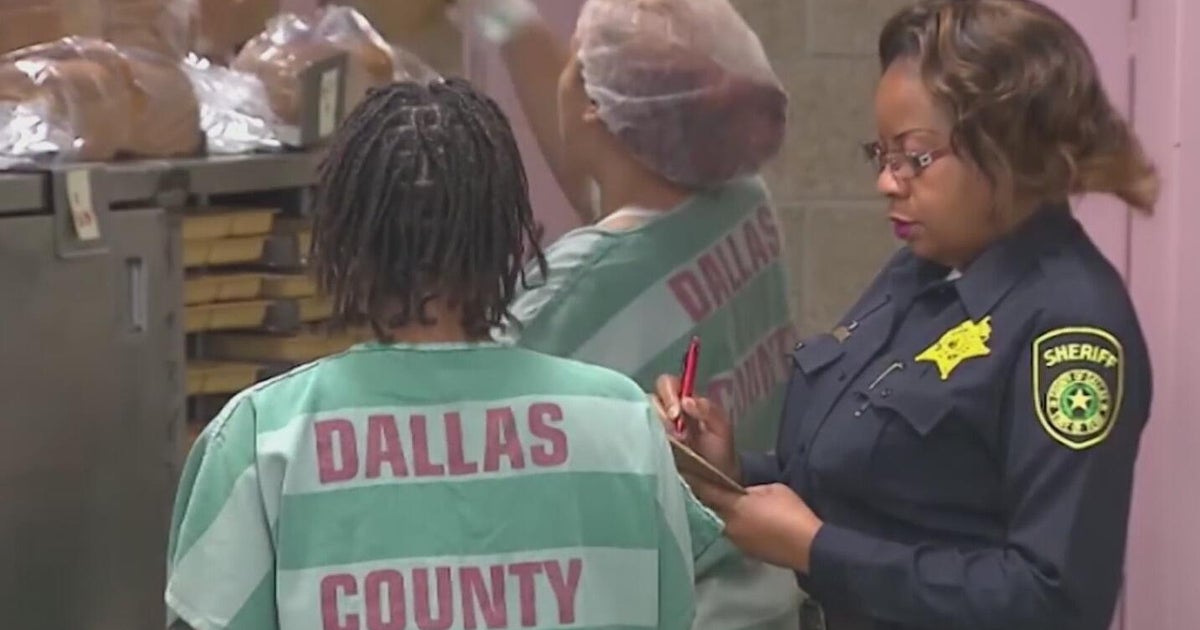Md. Redistricting Lawsuit Hinges On Racial Numbers
GREENBELT, Md. (AP) -- As a three-judge panel heard arguments about whether Maryland's redistricting map dilutes the African-American vote, one of those judges said Tuesday he doesn't believe a case has been made to require a third black-majority congressional district.
Still, the judges noted that some changes in the map might be necessary after further review, and they asked an assistant attorney general representing the state elections board how that might affect the timeline for Maryland's scheduled April 3 primary.
Judge Paul Niemeyer of the 4th Circuit Court of Appeals noted that Maryland's black population is about 30 percent. With eight seats in the U.S. House of Representatives, Niemeyer said the black population would need to be 37.5 percent to require a third black-majority district.
"I just don't know how you make the case," Niemeyer told Jason Torchinsky, an attorney representing the nine black plaintiffs.
Maryland has two black members of the U.S. House: Rep. Elijah Cummings, who represents Baltimore and a portion of Howard County, and Rep. Donna Edwards, whose district would include Prince George's County under the new map. Both representatives are Democrats.
Torchinsky contends the state's 5th District, now represented by Rep. Steny Hoyer, could easily have been drawn to include a majority of African-American voters. But Torchinsky argued that the Democrat-controlled Maryland General Assembly failed to make it a black-majority district in order to protect the high-ranking incumbent from a black challenger in the Democratic primary.
Democrats argue the district likely will develop a black majority over the next decade.
Judge Alexander Williams noted that Hoyer ran against a black opponent in the last election. Hoyer ended up defeating Charles Lollar, with 64 percent of the vote.
Torchinsky, however, noted that Lollar was a Republican, and said the way the map is drawn makes it harder for a black Democrat to challenge Hoyer in a primary. Torchinsky argues that white Democrats took advantage of black voters to maintain incumbent Democrat lawmakers under the new map approved in October by the General Assembly.
But Dan Friedman, an assistant attorney general defending the map, pointed out that Hoyer has run well in the district, which has a large number of black voters. Friedman argued that the map was supported by many black lawmakers. He also said an advisory panel to Democratic Gov. Martin O'Malley that proposed the map was very mindful of requests sent to it by the Legislative Black Caucus of Maryland.
Friedman also said several Republicans have expressed interest in running against incumbent Democrats in Congress, a sign that the new districts are actually more competitive.
"This is pushing more towards the middle," Friedman said.
The Fannie Lou Hamer Political Action Committee, based in Prince George's County, served as a catalyst for the lawsuit. It brought together the plaintiffs, upset by the way the lines were drawn, with the Maryland Republican Party and the Legacy Foundation of Iowa, a conservative group.
The proposed map has angered Republicans because of big changes made to the 6th District, which is currently held by 10-term Republican Rep. Roscoe Bartlett. The change brings a large portion of the western Maryland district into Montgomery County, which has more Democratic voters.
Judges on the panel map noted the 6th District changes and questioned how well the map reflected communities of interest in the state's eight districts. For example, Niemeyer noted that Bartlett's redrawn district will include people in far western Maryland, who cheer for the NFL's Pittsburgh Steelers, as well as people from Montgomery County, who are more likely to cheer for the Washington Redskins.
"They don't seem like they're in the same community," Niemeyer said.
Friedman said state and local elections officials need every day between now and April 3 to prepare for the primary. If the judges decide by the end of the year, he said, the state could go ahead with the April 3 primary.
"You cannot compress that schedule," Friedman said.
Niemeyer said the judges would work as diligently as possible.
In addition to challenging the lack of a third black district in the new map, the plaintiffs also are challenging a recent law that counts prisoners in the communities where they are from instead of the prisons where they are confined. They also are alleging Voting Rights Act violations.
Patricia Fletcher, one of nine African-American plaintiffs in the case, said she was glad she took part in the lawsuit after hearing the attorneys argue their positions before the judges.
"It made me feel today as though I've done the right thing," Fletcher said.
(Copyright 2011 by The Associated Press. All Rights Reserved.)







